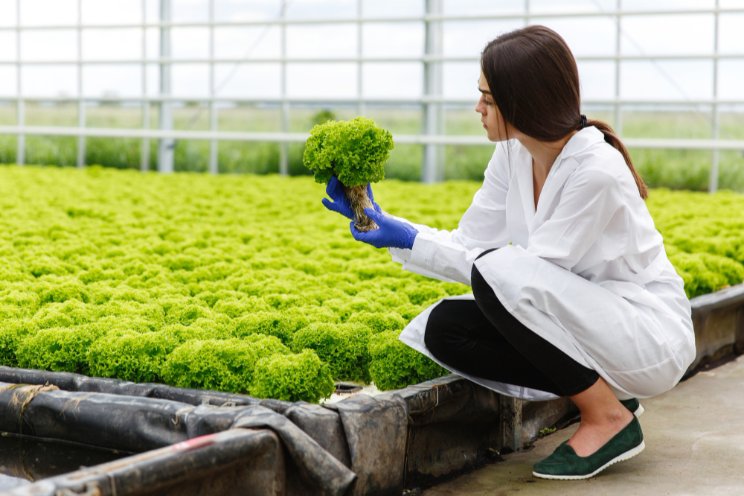How can we prepare for a food shortage
Added on 03 July 2022

What Is Causing the Food Crisis?
There have been several food shortages in 2022, with several factors influencing the scarcities in the global food supply chain. While any one of these problems could be cause for concern, all of them together add up to the likelihood of further food shortages coming down the line.
Climate Change
While we may not be seeing some of the most dire effects of climate change just yet, there's no question that droughts, flooding, and extreme weather of all sorts are on the rise. Look no further than two of the US's leading farm regions, the Midwestern corn belt and California's central valley, to see the effects already being felt.
In California, extreme drought conditions are making it nearly impossible for farmers to produce as much as they once did. This region is one of our top producers of vegetables, berries, nuts, and dairy, so we could be in trouble if the problem isn't rectified soon.
In the Midwest, they're experiencing an opposite problem. Increasing floods and "gully washers" are stripping away the precious topsoil needed to produce corn. The region produces about 75% of the nation's corn supply, and since the Europeans first colonized the area, it has already lost about 35% of its topsoil.
Similar problems are being experienced worldwide as this global crisis continues to develop and expand. And it's likely that some of the damage done can't be corrected quickly, possibly leading to global food shortage problems for years to come.
Cyberattacks
You probably heard about last year's ransomware attack on JBS, the world's biggest meatpacker. The company eventually paid cybercriminals $11 million to get things back up and running, but that's hardly the end of the story.
The food industry is now coming to terms with its vulnerabilities to cyberattacks. The problem is that so much of our food supply comes from just a few companies, and many of them haven't prioritized cybersecurity, leaving the entire supply chain vulnerable.
Continue reading.
Photo created by jcomp - www.freepik.com
Source: Eden Green
More news















